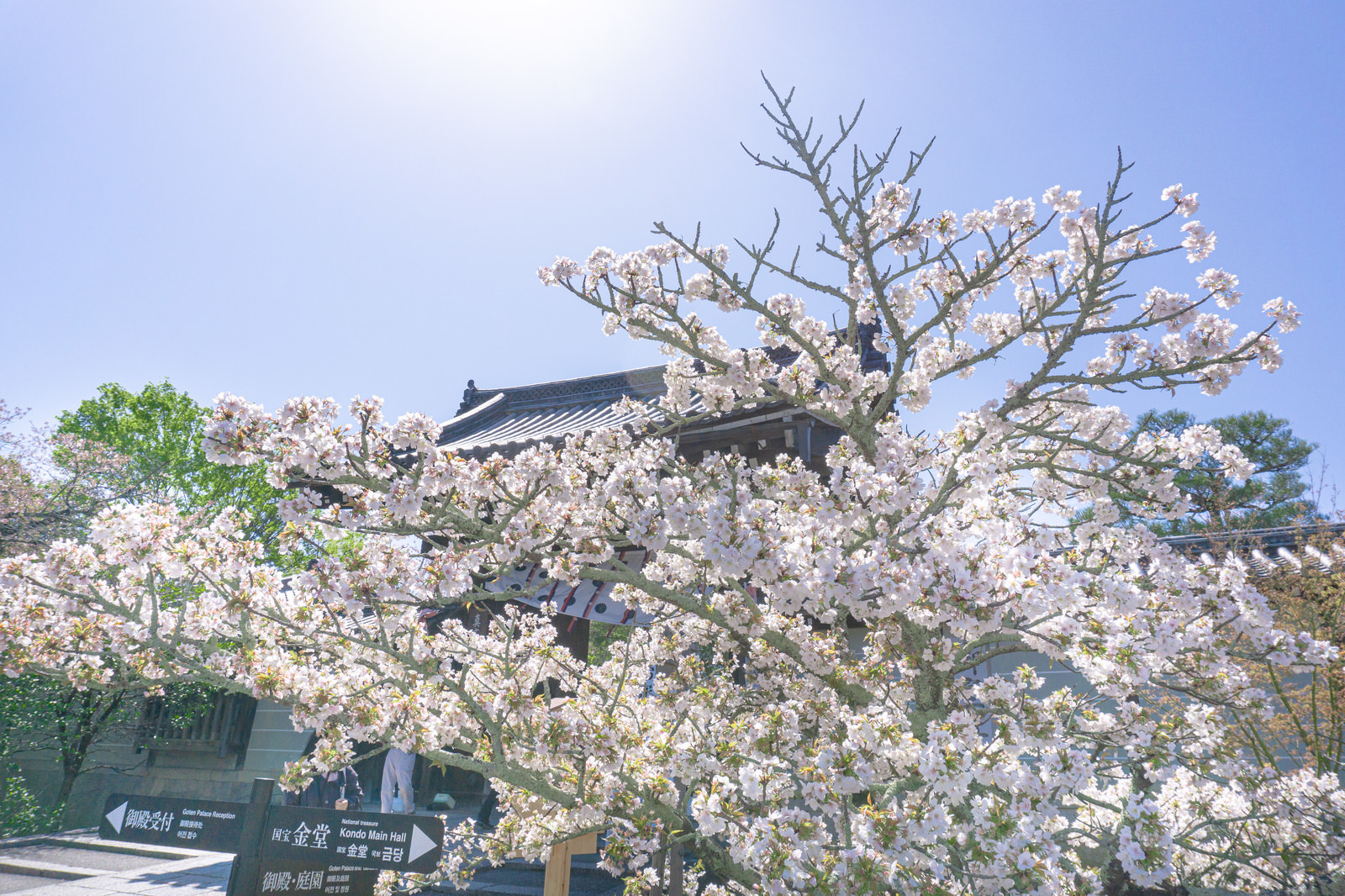
Traveling to Japan is an invitation to a wonderful adventure filled with beautiful landscapes, historic landmarks, and delicious cuisine. However, achieving smooth communication on-site requires careful consideration. As many Japanese may not be proficient in English, we offer the following advice to enhance your experience and create richer memories during your journey.
1. Learn Basic Japanese Phrases (基本的な日本語フレーズの学習)
Traveling to Japan offers a fantastic opportunity to engage with the local culture and people. However, since many Japanese may not be proficient in English, knowing basic Japanese phrases is the key to making your journey more enriching. Learning simple expressions like greetings and words of gratitude can enhance your communication with local people.
Language is the key to understanding culture, and showing consideration in the local language can be a crucial step in building friendly relationships. For instance, using simple phrases such as “こんにちは (Konnichiwa)” or “ありがとう (Arigatou)” along with a smile can create a connection beyond words. Also, using basic greetings at local eateries or tourist spots can be well-received by the locals.
2. Use Clear and Concise Expressions (簡潔で明確な表現)
You might encounter language barriers, but using clear and concise expressions can enhance communication effectiveness. Choosing simple words and being specific can prevent misunderstandings and facilitate smooth communication.
For example, when asking for directions, a simple expression like “駅はどこですか? (Eki wa doko desu ka?)” is more easily understood. Also, when expressing questions or requests, avoiding lengthy explanations and conveying the main points precisely is crucial. Such efforts can make your message more understandable to the other party.
3. Utilize Posture and Gestures (姿勢やジェスチャーの活用)
Even if English is not well-understood, incorporating posture and gestures can help facilitate communication with others. Using visual cues can sometimes convey more than words alone.
For instance, when ordering local dishes, pointing to the menu and adding gestures can make your preferences clearer. In conversations or inquiries with locals, expressive gestures can add warmth and contribute to smoother communication.
4. Maintain an Approachable Attitude (親しみやすい態度)
While many locals understand that English may not be your strong suit, maintaining an approachable attitude is crucial for smooth communication. A friendly demeanor, including smiles and courteous behavior, leaves a positive impression and promotes pleasant interactions.
For example, when receiving service at a shop, valuing a smile and saying “ありがとう (Arigatou)” can go a long way. Additionally, in encounters with locals, fostering a relaxed atmosphere with mutual respect is essential. Respect for the other person and a considerate attitude contribute to creating a friendly ambiance.
5. Consideration for Locals (地元の人への配慮)
Japan is a popular tourist destination, but not everyone is proficient in English. Nevertheless, locals are generally kind and understanding toward travelers. Respecting their efforts and patiently interacting, even in the face of language barriers, is crucial.
Respect for the local culture and customs, even when faced with potential communication challenges, will likely be appreciated by locals. Showing an understanding attitude in your interactions can contribute to a positive experience.
Keep these points in mind and enjoy your communication with locals. Meaningful exchanges with others will undoubtedly enhance the charm of your journey.
Comments